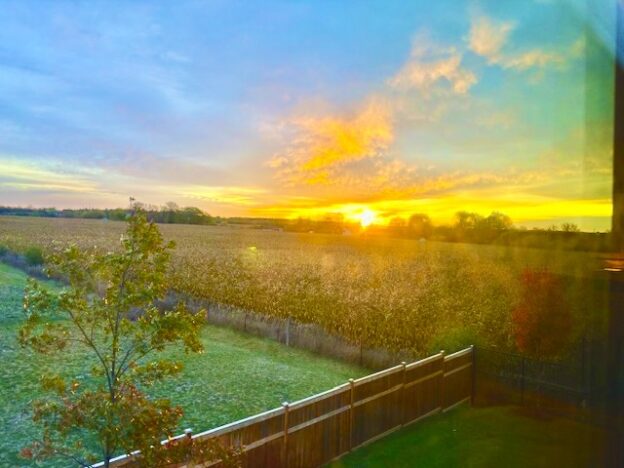There are incalculable topics beyond my comprehension. Even so some of those arcane matters have intriguing though not immediately recognizable identity. This disturbing monologue from a former law school roommate and current professor of law in Paris, France is an example:
Hello Mike, Rod Sr and Veryan,
Poor Raducanu, a woman, young, beautiful, a world-class athlete, bright and diligent enough to learn Chinese as a second language, and with charm to pizzazz a stadium of fans in a foreign country, just an irresistible target for grouchy old male sour pusses.
The story said Raducanu’s Chinese was “fluent” “effortless”, and that the Chinese audience thought so too, so who are you to question that? As far as I know, none of you even speaks French, let alone a more exotic language?
You obviously have no idea how difficult it is to raise a child to speak a language that is not the local vernacular, or how proud would have been Raducanu’s parents to see her win over a crowd using her mother’s language in her country of origin. You can’t even countenance the possibility of sincerity. Sad.
Rod Sr, the saving grace of your sundry expressions of bigotry against anything non-WASP is that once in a while they are humorous.
But in the case of Bethune, despite your proud nationalism, your anti-yellow prejudice has so consumed you that you wantonly besmirch what, to my knowledge, is the only Canadian in history to be honoured as a national hero in a foreign country, and at that, not for his political or military or material achievements, but instead for his humanity and generosity.
A twenty-second google fact check on your part would have told you a very different story from the womanizing one you propagated.
Information and curiosity being the worst enemies of bigotry, I don’t actually expect you to want read this, but maybe some zoomers will:
https://thebcreview.ca/2018/10/03/256-norman-bethune-and-women/
As for Raducanu becoming Canadian Ambassador to China, how could you all not have seen this to have been said in half fun and whole earnest mode.
But, since you choose to quibble, we have very different views on the meaning of bi-nationality. You would strip Raducanu of her right to the benefits of Canadian nationality because she became British. But being bi-national or more is not a process of subtraction, it’s a multiplication of possibilities for personal development. I would have imagined Veryan in particular to be sensitive to this point.
Anyway, on the zooms we get to speak our minds freely, so at least my innocuous enthusiasm for Raducanu’s China show has elicited some revelations and confirmations about where some people stand on much more important issues.
Daniel
What has prompted my fascination is the speed of evolution of the American vernacular; particularly the hardened cowboy image now threatening to reverse the foundations of traditional, conservative pride and egotism. No longer is the adage, “Moi, je suis le centre du monde!” sustainable. Instead it threatens national and international stability. Whether young people prefer to pursue a different goal remains to be seen; but in light of recent global demonstrations the nature of society is changing. The myth of capitalism and self-determination is under serious scrutiny.
Unfathomable debt is discernible as a fundamental obstruction. Spending more money annually on military might than education, health care and infrastructure is a clue to the problem with the eroding Howdy Doody and Daniel Boone images of America. Do we really think that would make America great again? Is our sterilized view of the future dependent on cartoons and dramatized fables?
Henry Norman Bethune (March 4, 1890 – November 12, 1939) was a Canadian thoracic surgeon, early advocate of socialized medicine, and member of the Communist Party of Canada. Bethune came to international prominence first for his service as a frontline trauma surgeon supporting the Republican government during the Spanish Civil War, and later supporting the Chinese Communist Party’s (CCP) Eighth Route Army during the Second Sino-Japanese War. Bethune helped bring modern medicine to rural China, treating both sick villagers and wounded soldiers.
Norman Bethune had thoughts on the manner in which medicine was practised, and stated:
“Medicine, as we are practising it, is a luxury trade. We are selling bread at the price of jewels. … Let us take the profit, the private economic profit, out of medicine, and purify our profession of rapacious individualism … Let us say to the people not ‘How much have you got?’ but ‘How best can we serve you?’







